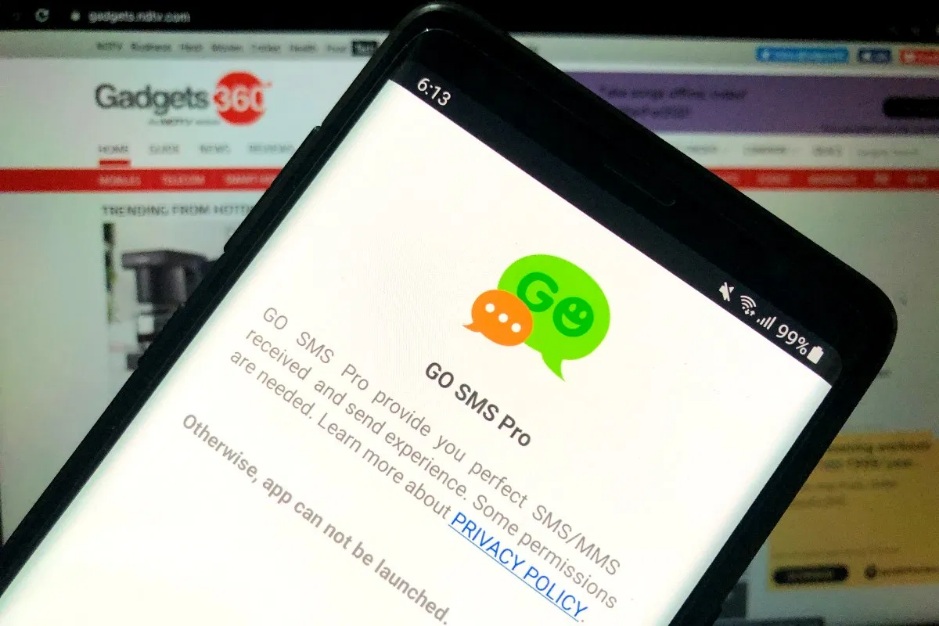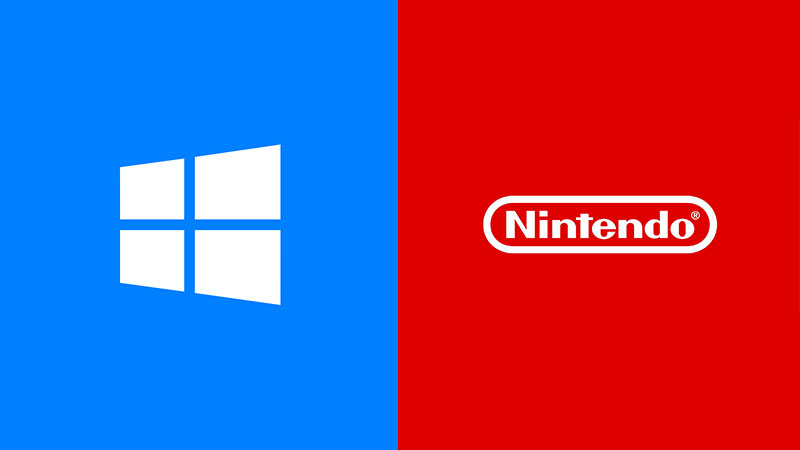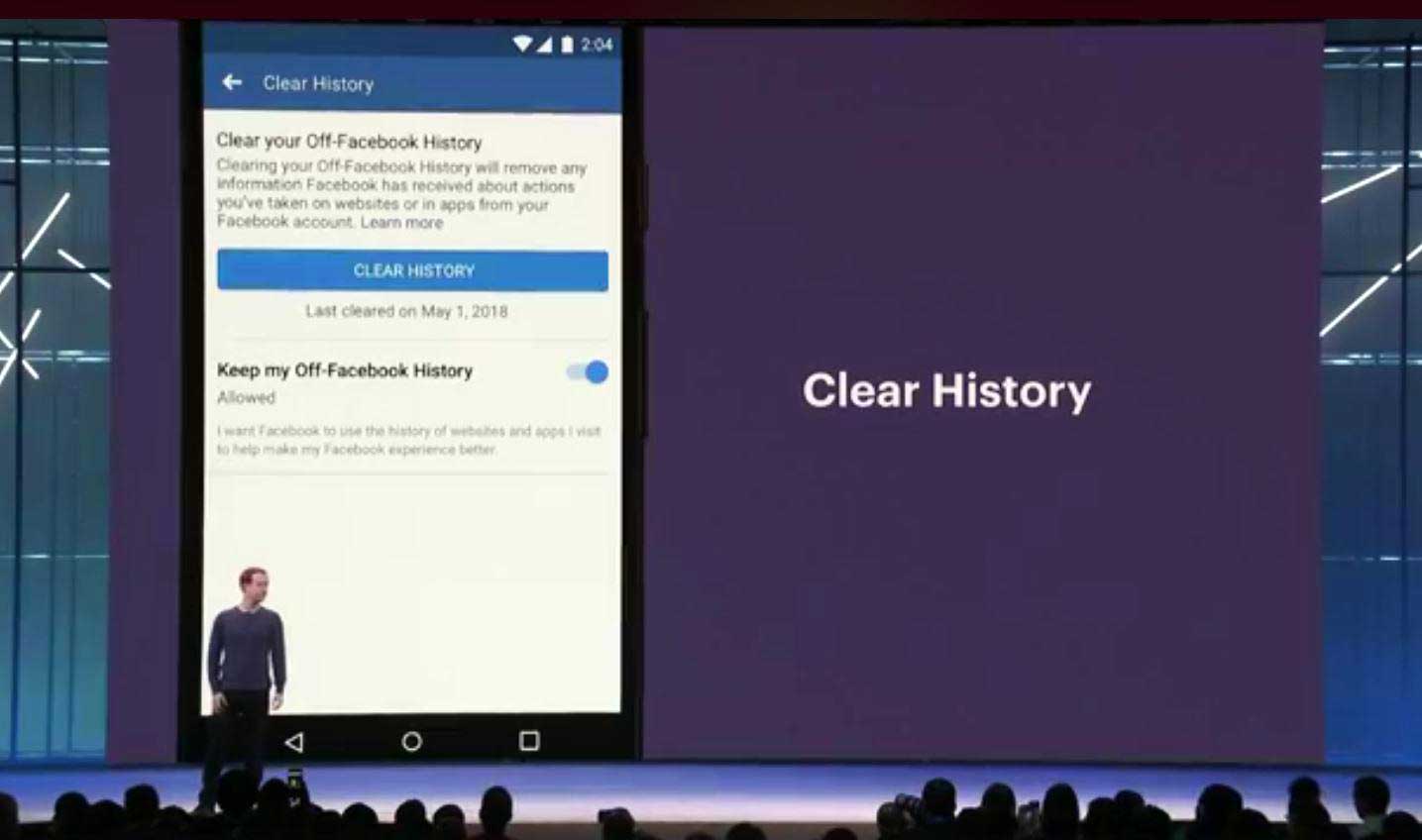The United States Banned the Sale of Equipment from Huawei, ZTE, Dahua and other Chinese Companies
The US Federal Communications Commission (FCC) has banned the sale of telecommunications equipment from Chinese companies Huawei Technologies, ZTE Corporation, Hytera Communications, Hangzhou Hikvision Digital Technology and Dahua Technology in the United States due to “unacceptable risks to national security.”
The restrictions are being introduced as part of the equipment law signed in November 2021 by US President John Biden.
The US ban applies not only to the mentioned manufacturers, but also to their subsidiaries and affiliates. However, although the new ban is not retroactive, the FCC reserves the right to revoke previously issued permits to companies.
Let me remind you that US authorities have long accused Huawei of stealing intellectual property, research and development data, and introducing backdoors into their products that could be used for spying operations.
In fact, the new rules mean that the FCC will ban white label approval of products made by the five listed Chinese suppliers. The FCC also changed the authorization rules, now requiring applicants to have an agent in the United States.
It must be said that in recent years, the telecommunications technologies of Huawei (in particular related to 5G) and ZTE have been banned in many countries, including Australia, New Zealand, India, Japan, the United States, Canada, Romania and the United Kingdom.
And Washington has previously banned Huawei from supplying systems to the US government and has strongly advised against using the company’s equipment in the private sector, fearing that it could be used by Chinese authorities. The accusations of cyber espionage against the Chinese authorities were quite serious.
Four years ago, some EU members also raised concerns about possible security risks associated with Huawei and ZTE technology and equipment, and excluded the companies from bidding on various projects. However, it did not come to a complete ban in Europe.
In addition, all previously listed Chinese companies have already been included in a special list of telecommunications equipment and service providers that are prohibited from buying parts and components from US companies without special government approval, and they are not eligible for funding from the FCC.
Interestingly, at the same time with the US ban, in the UK Parliament instructed government departments to stop placing Chinese CCTV cameras at “secret sites”, including government buildings and military bases.
British officials said Chinese-made cameras should not be plugged into mains networks and government departments should consider removing and replacing existing equipment prior to “scheduled upgrades”.





